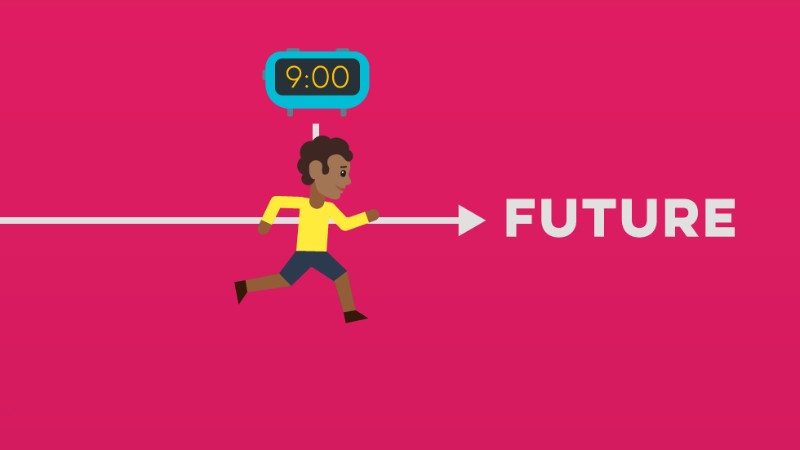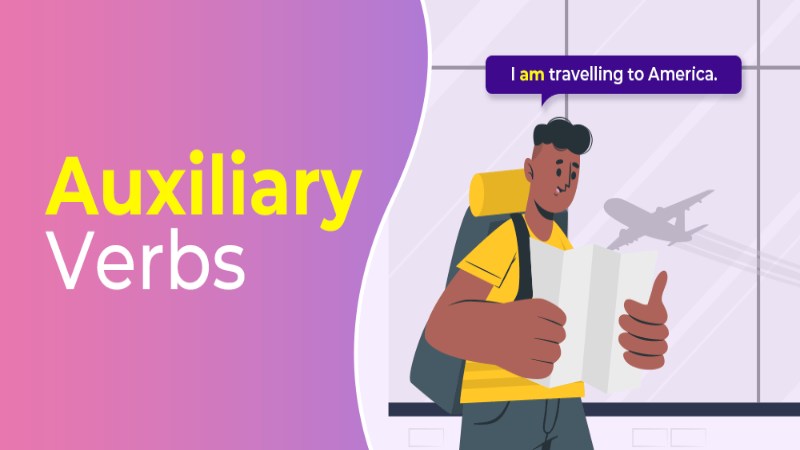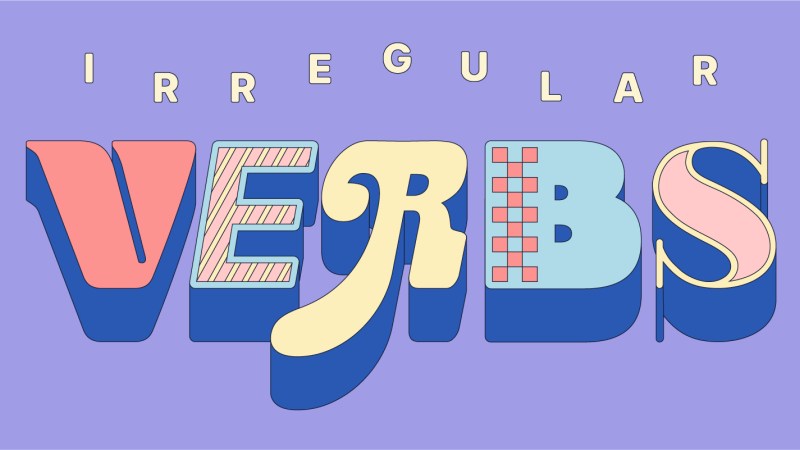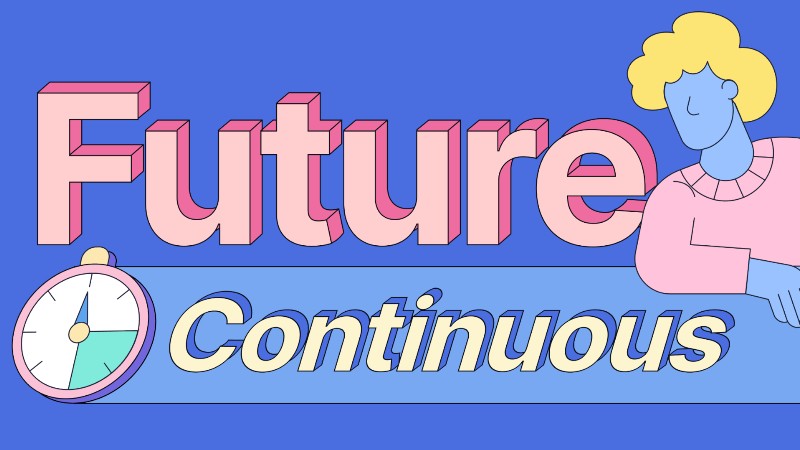
表示对未来的安排
现在进行时
我们通常会用现在进行时来表示已经选定的时间或地点,且计划好的未来事件。
I’m taking my medicine at lunchtime. 我要在午餐时间吃药。
She’s traveling to Canada the day after tomorrow. 她后天要去加拿大。
We are watching the football match next Sunday. 我们要在下周日看足球比赛。
be going to
我们也可以用 be going to 来表示未来的安排。
I’m going to play the piano with my teacher today. 今天我要和老师一起弹钢琴。
现在进行时 VS be going to
现在进行时和 be going to 都可以用来表示未来的计划,但现在进行时着重在已经决定时间或地点的未来计划;而 be going to 是强调有意愿去做某事。
I’m going to have a drink after work. 下班后我要喝一杯。 (强调我的意愿)
I’m having a drink with some colleagues after work. 下班后我要和一些同事喝一杯。 (强调已经安排好了)
将来进行时
我们也可以用将来进行时取代现在进行时来表示已计画好的未来事件。
We’ll be attending the party this weekend. 这个周末我们将参加聚会。
We’ll be flying to Australia at 5 p.m. today. 我们将在今天下午 5 点飞往澳大利亚。
我们会用将来进行时提出对未来安排礼貌性的询问。
Will you be having dinner at home at 7 p.m? 你晚上七点在家吃晚饭吗?
并且,我们当然也可以用将来进行时表示将在未来某时间点进行中的情况。
This time next week, we’ll be traveling to London. 下周的这个时候,我们将正前往伦敦。
Tomorrow at 9 AM, you’ll be doing your exam. 明天上午 9 点,您将正进行考试。
一般现在时
我们用一般现在时表示已订下时间表的未来事件。
The game starts at 10 a.m. 比赛在上午 10 点开始。
Schools close at 5 p.m. 学校在下午 5 点关闭。
I have my music class at 9 a.m. on weekends. 我周末上午 9 点有音乐课。
表示预测
will
我们用 will 来表示我们认为会发生的某件事。
I believe she’ll get an award. 我相信她会获奖。
He will be a great teacher. 他将是一位伟大的老师。
be going to
我们用 be going to 来表示非常有可能或我们已看出会发生的事(根据现有的证据)。
Don’t drive like a crazy man. We’re going to have an accident! 不要像疯子一样开车。我们要出事了!
The doctor said I’m going to have a girl. 医生说我要生一个女孩。
将来完成时
我们用将来完成时来表示在未来某时间点前会结束的事件。
By tomorrow, the rain will have stopped in our area. 到明天,我们地区的雨就停了。
By summer this year, I’ll have received my scholarship. 到今年夏天,我将已经获得奖学金了。
我们也可以用将来完成时来表示,直到未来某特定时间点此事件的持续时间(用静态动词)
By the time I move from this apartment, I will have been in New York for 11 months. 当我搬出这间公寓时,我已经在纽约呆了 11 个月。
In 5 months, we will have been married for four years. 5个月后,我们将结婚四年。
将来完成进行时
我们用 将来完成进行时+动态动词 来表示,直到未来某时间点的事件的持续时间。
By the end of the month, I will have been traveling in Europe for 2 years. 到月底,我将在欧洲旅行 2 年。
When he turns thirty next month, he will have been playing golf for 10 years. 下个月他就三十岁了,他将已经打了 10 年的高尔夫球了。
将来时态从句(when, as soon as, until, before, after)
用一般现在时加上when, as soon as, until, before, after 等,在句子中表示未来。
I’ll retire when I’m 60. 我将在 60 岁时退休。 (不能说when I’ll be)
I won’t call you until I arrive. 我到了在给你电话 (不能说will arrive.)
will 的其他用法
表示瞬间的决定
我们用 will 来表示在说话当下(瞬间)做的决定。
‘Oh, we don’t have salt.’ ‘Don’t worry, I’ll buy some.’ “哦,我们没有盐了。” “别担心,我去买一些。”
表示承诺或拒绝
I will help you whenever you need me.
I won’t lend him my car.
表示未来的事实
The president will visit Japan next November. 总统将于明年11月访问日本。
表示提供
当我们提供某人某样东西,我们在叙述句用 will、在问句用 shall I。
I’ll carry that bag for you. 我会替你提那个包。
Shall I organize the meeting? 我要组织会议吗?
表示建议
我们用 shall we 来表示建议。
Shall we eat out today? 今天我们出去吃饭吗?
表示要求/请求
Will you open the door, please? 请你开门好吗?
表达未来的多种形式 – 练习题



Comments